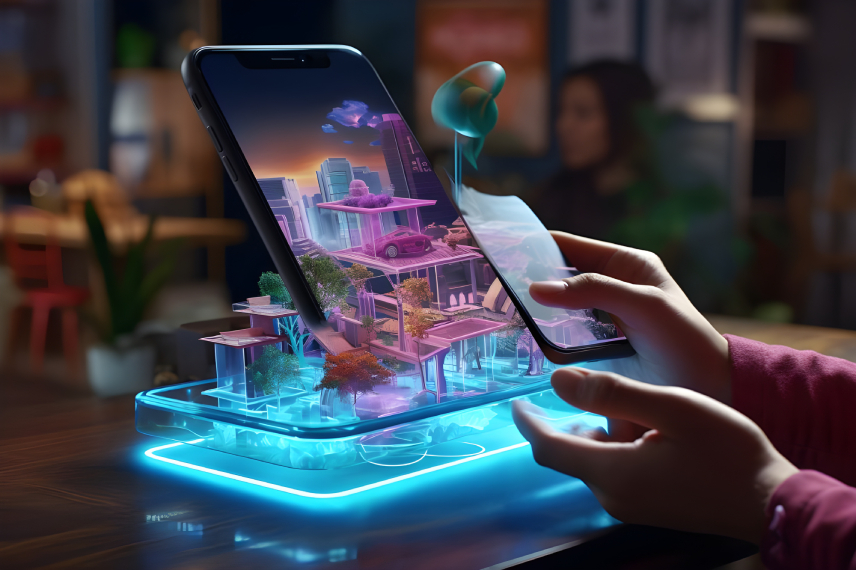The Future of Mobile App Development: Trends to Watch
The Future of Mobile App Development: Trends to Watch

As we look ahead to the future of mobile app development, several key trends are poised to shape the industry and redefine user experiences. Understanding these trends is crucial for developers, businesses, and tech enthusiasts who aim to stay at the forefront of innovation.
One major trend is the rise of 5G technology, which promises to revolutionize mobile app performance and capabilities. With significantly faster download and upload speeds, 5G will enable more immersive and responsive app experiences, from high-definition streaming to augmented reality (AR) and virtual reality (VR) applications.
Another trend to watch is the increasing integration of artificial intelligence (AI) and machine learning (ML). These technologies will continue to enhance app functionalities, offering personalized user experiences, predictive analytics, and advanced automation. AI-driven chatbots and virtual assistants are set to become even more sophisticated, providing seamless customer support and interaction.
The Internet of Things (IoT) is also expected to have a profound impact on mobile app development. As more devices become interconnected, mobile apps will serve as the central hub for controlling and monitoring smart devices, ranging from home automation systems to wearable technology.
Progressive Web Apps (PWAs) are gaining traction as well. Combining the best features of web and mobile apps, PWAs offer offline capabilities, fast loading times, and a reliable, app-like user experience without requiring a full app download. This trend is particularly beneficial for businesses looking to reach a broader audience with minimal friction.
In the realm of user experience (UX) and user interface (UI) design, minimalism and simplicity will continue to dominate. Developers will focus on creating intuitive, user-friendly interfaces that prioritize ease of navigation and accessibility. Dark mode, which reduces eye strain and conserves battery life, is also becoming a standard feature.
Security and privacy will remain paramount, especially as data breaches and cyber threats become more sophisticated. App developers will need to implement robust security measures, including end-to-end encryption and biometric authentication, to protect user data and build trust.
Additionally, cross-platform development tools, such as Flutter and React Native, will grow in popularity. These tools allow developers to create apps that work seamlessly across different operating systems, reducing development time and costs while ensuring a consistent user experience.
Augmented reality (AR) and virtual reality (VR) will continue to expand their influence, with applications extending beyond gaming into fields like education, healthcare, and retail. AR and VR will offer more immersive and interactive experiences, driving user engagement and opening up new possibilities for content delivery.
Blockchain technology is also set to make waves in mobile app development, particularly in areas like secure transactions, decentralized applications (dApps), and digital identity verification. Blockchain's potential to enhance transparency and security is increasingly being recognized across various industries.
Lastly, the focus on sustainability and green technology will influence mobile app development. Apps that promote eco-friendly practices, such as energy-saving tips and sustainable product recommendations, will resonate with the growing number of environmentally conscious consumers.
In summary, the future of mobile app development is marked by technological advancements and evolving user expectations. Trends like 5G, AI, IoT, PWAs, enhanced security, cross-platform development, AR/VR, blockchain, and sustainability will shape the next generation of mobile applications, driving innovation and creating new opportunities for developers and businesses alike. Staying informed and adaptable to these trends will be key to success in this dynamic landscape.